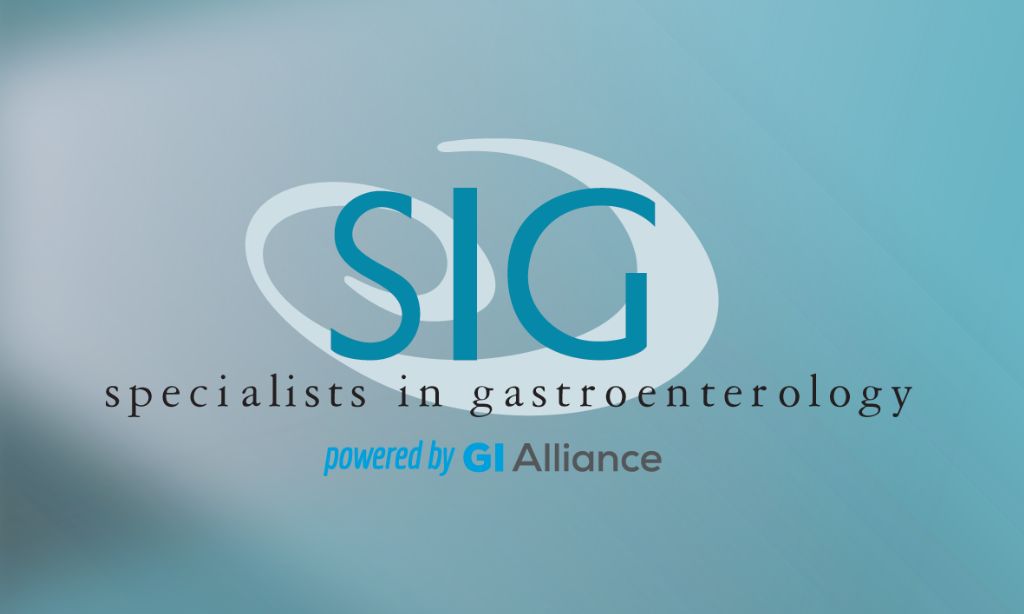Request an Appointment
Your Trusted Gastroenterology
Experts in St. Louis, MO: Specialists in Gastroenterology
Experts in St. Louis, MO:
March is Colon Cancer Awareness Month
Right Time. Right Test. Right Now.Colon cancer is one of the most preventable cancers with early detection. If you are 45 or older, or at increased risk, now is the right time to schedule your screening. Protect your health and connect with your preferred Specialists in Gastroenterology provider today.

Personalized, Around-The-Clock Treatment By Board-certified Physicians
Your gastroenterology needs are at the forefront when you choose our team at Specialists in Gastroenterology. We’re a network of skilled and experienced GI professionals who are dedicated to getting you connected with the right resources and treatments. Our team looks forward to becoming a trusted source for your GI needs throughout the St. Louis, MO area. Improve your digestive health today and schedule an appointment.
OUR SERVICES
Anorectal Manometry
Capsule Endoscopy
Chronic Care Management
Colon Cancer Screening
Colonoscopy
CT Scan or CAT Scan – Computed Tomography
Endoscopic Mucosal Resection
Endoscopic Retrograde Cholangiopancreatography
Endoscopic Ultrasound
Enteroscopy
Esophageal Dilation
Esophageal Manometry (Motility Study)
Esophagogastroduodenoscopy (EGD)
Feeding Tube Insertion (PEG)
FibroScan®
Flexible Sigmoidoscopy
Hemorrhoid Banding
Infusion Therapy (IV Infusion)
Virtual Telemedicine
Services
Anorectal Manometry
Capsule Endoscopy
Chronic Care Management
Colon Cancer Screening
Colonoscopy
CT Scan or CAT Scan – Computed Tomography
Endoscopic Mucosal Resection
Endoscopic Retrograde Cholangiopancreatography
Endoscopic Ultrasound
Enteroscopy
Esophageal Dilation
Esophageal Manometry (Motility Study)
Esophagogastroduodenoscopy (EGD)
Feeding Tube Insertion (PEG)
FibroScan®
Flexible Sigmoidoscopy
Hemorrhoid Banding
Infusion Therapy (IV Infusion)
Virtual Telemedicine
LATEST RESOURCES


